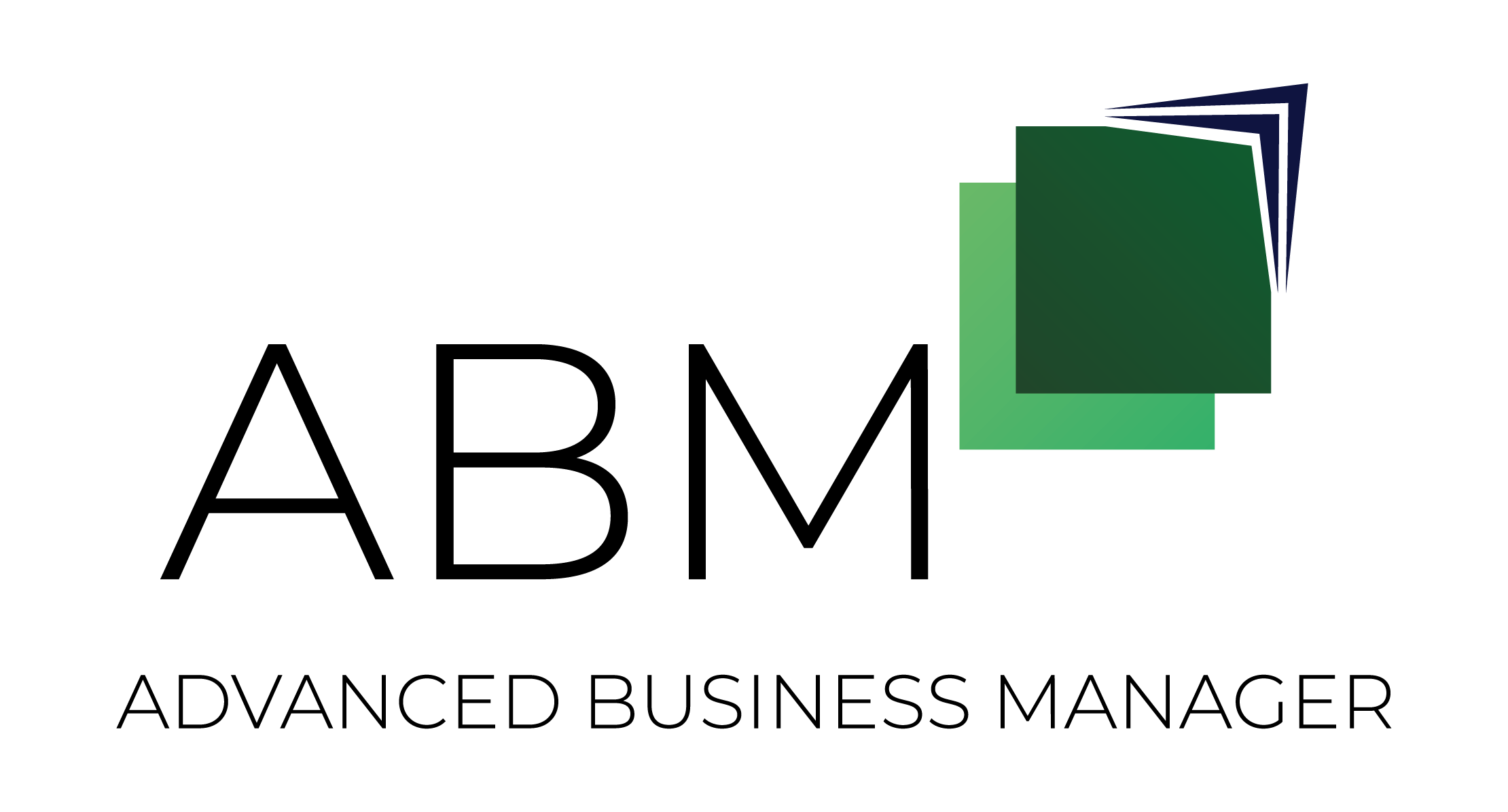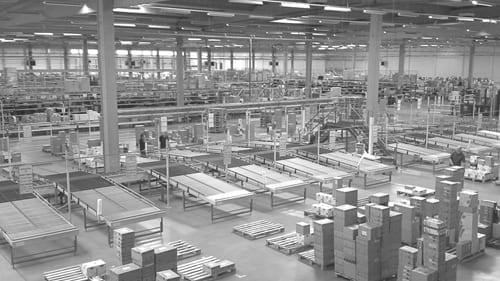The manufacturing industry in Australia is particularly volatile, according to “Building Resilience in Australian Manufacturing”, a report released by the non-profit industry body, the Advanced Manufacturing Growth Centre (AMGC). When our economy is booming, the average output of the industry grows by 20 per cent but shrinks by the same proportion during downturns.
Such volatility can be stressful for firms looking to keep a steady ship and not go under when times get tough. So with that in mind, what can you do to make your manufacturing business more resilient?
Volatility and Australian manufacturing
As stated above, the volatility in the manufacturing industry is quite aggressive. The report explains that it fluctuates with an amplitude greater than many other countries round the world – the figure for the UK is 14 per cent and is 10 per cent in the US. It’s argued that this is due in part to two factors:
- Terms of trade volatility – Australia is a relatively small economy, whose currency is heavily traded and whose exports are influenced strongly by commodity price fluctuations.
- Geographic isolation – being far away from other markets means changes in shipping costs are magnified.
Such dramatic changes in output can have devastating effects on manufacturing businesses. Many are vulnerable to changes in customer numbers that at first glance would seem fairly insignificant. But for 30 per cent of firms, losing one customer would result in moderate to significant negative effects on their business, and 10 per cent would be forced to shut down entirely. Needless to say, operating on such a knife edge is about as far from resilient as a business could be.

How do you become a more resilient manufacturer?
Becoming more resilient is key for businesses if they wish to stay afloat during economic downturns. But what exactly is meant by the word resilient? The report defines a firm as resilient if their earnings growth is higher than the average of their industry in a downturn. In other words, resilient firms are the ones that are able to continue trading and prosper in all economic conditions.
Manufacturers that exemplify this characteristic have three traits in common:
1. Superiority
Firms with superior products are resilient because the value they create isn’t affected by the economic conditions. Often this can come down to a product or service having few or no substitutes, which means demand is unaffected by downturns. Having a superior product gives manufacturers a strong competitive advantage.
Key to developing superior products is investing in research and development (R & D). The report states that 60 per cent of resilient firms invested heavily in R & D in the boom times before downturns, so when the tides turned, they were able to innovate and keep ahead of the competition.
Another is to compete on value – superior products are often more expensive. If you can sell a product that provides better value, you’re less likely to be affected by things like exchange rate fluctuations.
2. Diversity
Firms with diversity in their product mix and geographic export markets are resilient because they’ve spread their risk. While economy-wide downturns are always possible, having your business spread across multiple sectors means a greater chance one or more of the sectors you serve will be financially healthy.
Diversity doesn’t necessarily require a number of different final products. Manufacturers should, alongside selling their own assembled products, take opportunities to be part of supply chains for other firms if they have the capacity. Should your product’s industry begin to wane, you can continue to remain buoyant by selling intermediary pieces to other firms. Often this can be to firms in other countries – if you aren’t exporting your completed product somewhere, you may still be able to make money there by being part of the supply chain of someone making something similar.
3. Flexibility
Firms with flexibility built into their business structures are resilient because they’re able to adapt to changing economic climates. Like chameleons that change to fit their environment, firms that have flexibility can, for example, manage costs in downturns by minimising variable expenses (including labour), or shift production priorities to more financially healthy sectors of the economy.
Flexibility starts with your business structure. If you’re immobile in the way you purchase from suppliers or employ workers full time, you’ll be unable to flex costs down in the slow times. Likewise with the industries you choose to focus on. Flexibility in manufacturing operations means you can prioritise those sectors that are booming.
External financing through loans or venture capital can dry up during a downturn. Having enough liquid assets to function as working capital during these times can be a lifesaver for manufacturing firms. You might find yourself making lower returns in the expansionary periods, but for the sake of being able to weather the inevitable storms, it can be worth it.
How can Advanced Business Manager help?
Our core software offering, Advanced Business Manager, is a modular software solution that can help you run your manufacturing business in the most efficient manner possible. At its core is the accounting system, onto which you can add further optional modules. For example, our manufacturing module has extensive reporting functionality for planning and managing your operations, such as bill of materials features that allow you to see what the individual components of a product are (including labour), as well as their costs. Multiple variations can be created, allowing for flexible manufacturing and diversity of product assembly.
It also has extensive demand and supply analysis tools, so you can better predict the demands of the market and your ability to supply in a timely fashion. For example, manufacturing processes become much more efficient when you’re able to forecast the lead time of individual components of inventory, understand the production runs you’ll need to do to meet demand, and have all this information flow back to your main accounting system for proper cost attributions.
For more information on what our software can do to make your manufacturing business more resilient, get in touch with Advanced Business Manager today.







